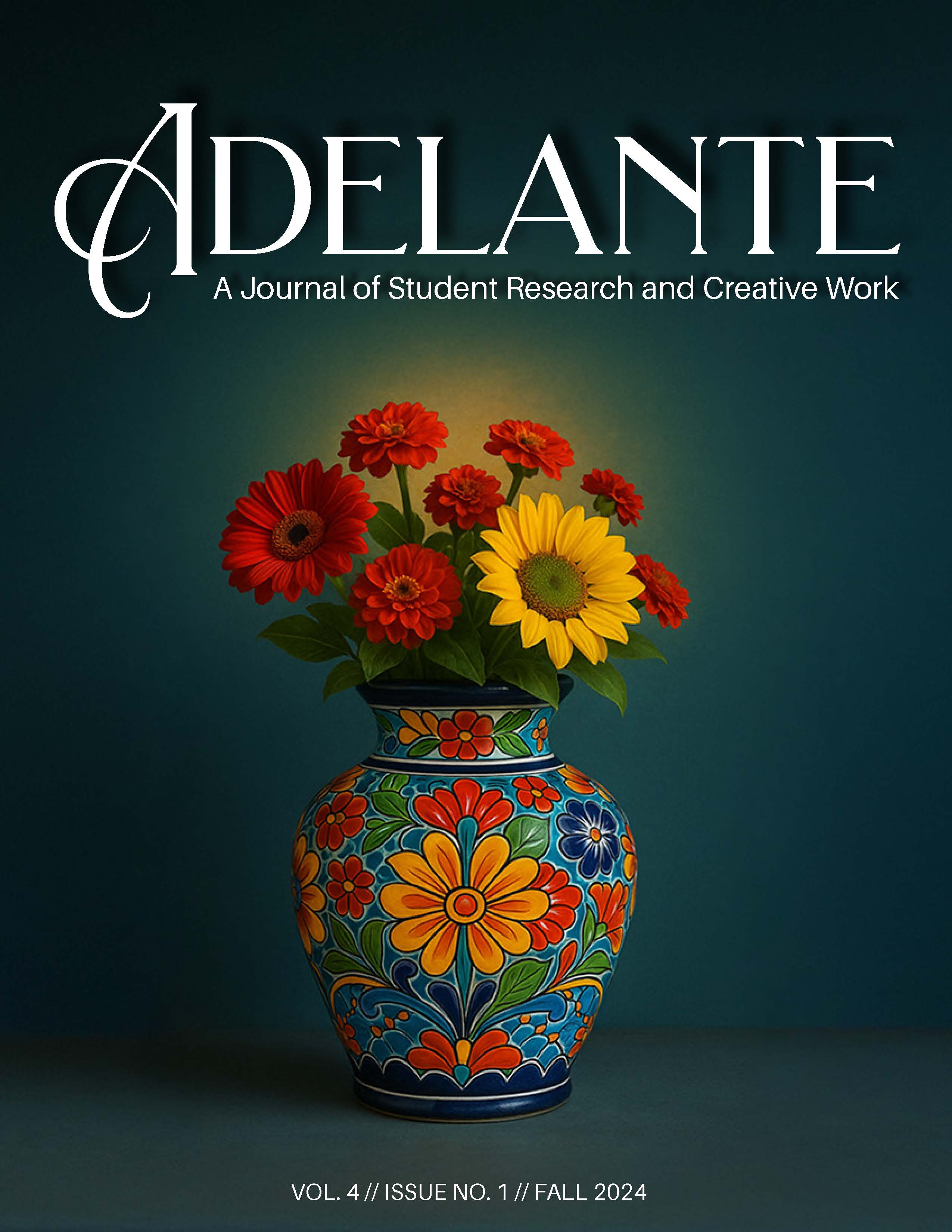Stress, Confidence, and Resilience of Graduate Students in Communication Sciences and Disorders
Keywords:
graduate students, resilience, burnout, stress, communication sciences and disordersAbstract
Graduate students in Communication Sciences and Disorders (CSD) programs face significant mental health challenges that impact their academic performance and overall well-being (Allen et al., 2021; Bogardus et al., 2022; Bullock et al., 2017; Coffman et al., 2019; Delaney et al., 2015; Ellis & Briley, 2018; Malandraki, 2022). This literature review examines the prevalence and impact of stress, burnout, and resilience among these students. Recent research suggests that high levels of stress experienced by CSD graduate students are due to rigorous academic and clinical demands. Elevated stress is associated with burnout, characterized by emotional exhaustion, cynicism, and inefficacy, which adversely affect both academic and professional performance. Findings suggest that poor sleep quality exacerbates burnout, while improving sleep quality may help mitigate its effects. Resilience, defined as the ability to adapt and thrive despite adversity, has emerged as a crucial coping mechanism. This review underscores the need for targeted resilience programs to support CSD graduate students. Such programs should focus on building reflective ability, emotional intelligence, social confidence, and social support through practical strategies like wellness check-ins, peer counseling, and resilience training. To enhance the reliability of research in this area, future studies should include a diverse sample of students across the country and utilize larger, randomized trials to ensure broader applicability and reliability of findings.
Downloads
Published
Issue
Section
License
No portion of this journal may be reprinted or reproduced in any manner unacceptable to the usual copyright restrictions without the written permission of the author.


